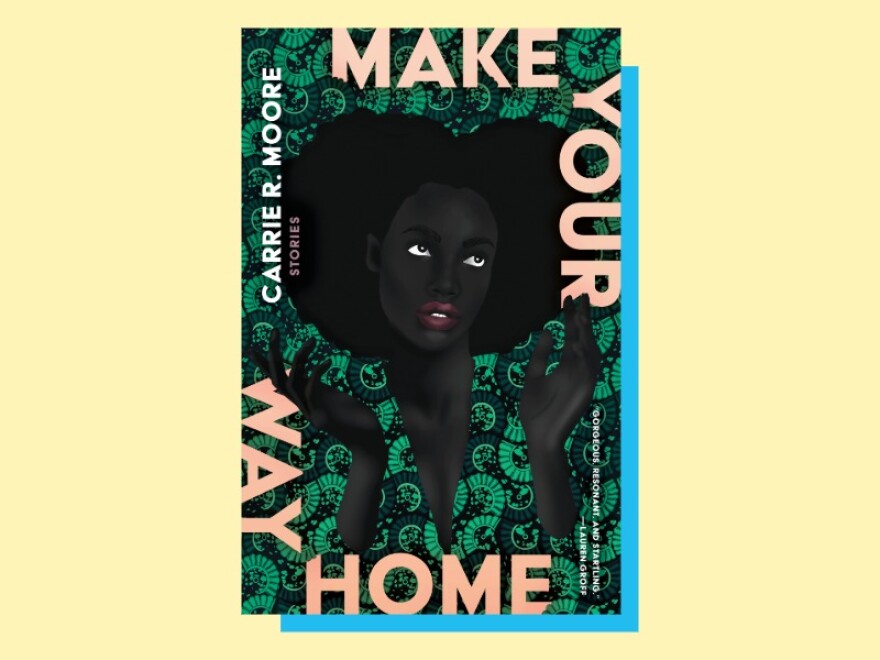Carrie R. Moore’s love of short stories began with the celebrated collection from Jhumpa Lahiri, “The Interpreter of Maladies.” Moore said it sparked a love for the form, now a medium she’s taken on to release her own collection, “Make Your Way Home.”
Through each of the stories in her collection, Moore looks to weave a wider narrative about a place – in particular, the South.
“The thing about a short story collection is that it allows you, as an author, to start over many times,” Moore said. “If you take a topic that’s really big — in my case, the American South — and write several stories about it, then that topic can never be just one thing.”
The first story of the collection, “When We Go, We Go Downstream,” is set in the Texas capital city.
In it, an Austinite by the name of Ever Roberts recounts a family story in which two of his ancestors, who were enslaved, had fallen in love. When Elijah, the man, runs away, he is cursed by the woman he left behind, Eveline.
“Ever… Begins to wonder if this curse is real and whether it will affect his own life, the woman he loves, his sister’s life, and the woman his sister loves, since she’s supposed to be getting married that weekend,” Moore said. “That’s the premise of the first story: the merging of past and present, and the exploration of intimate relationships once again.”
Each of the short stories in Moore’s collection takes place somewhere in the South, allowing her to explore the variety of places – from small towns to metropolitan cities – that make up the region. In doing so, Moore says she was able to get to the complexity in tackling prevailing narratives of the South, particularly as someone who hails from that part of the country.
“When you leave the South, you start to see it differently because you’re often confronted with other people’s viewpoints about it. Even though all of American history – no matter where you are in this country – is painful, the South tends to carry much of the national blame,” Moore said. “When you’re from the South, you have to figure out your own relationship to that history and to people who try to absolve themselves of problems that are really American problems.”
But even beyond addressing narratives about the region, Moore says her book also looks at relationships between people.
“The book is very interested in how the past and present merge, both in terms of physical location and intimate relationships,” Moore said.

